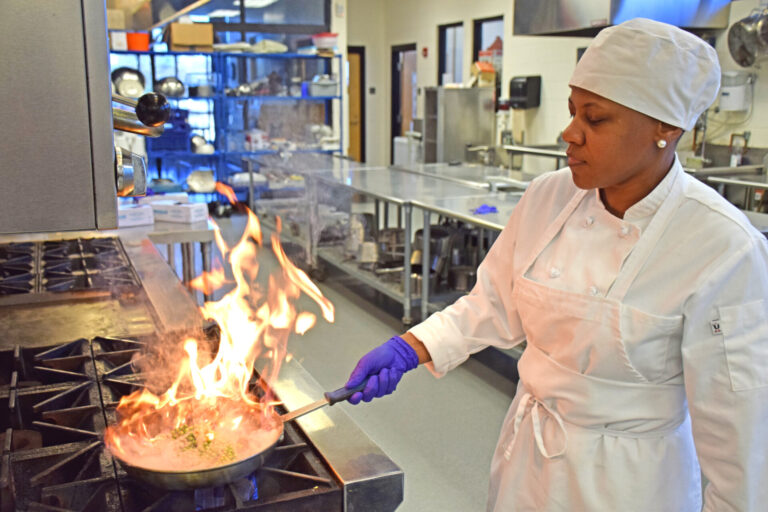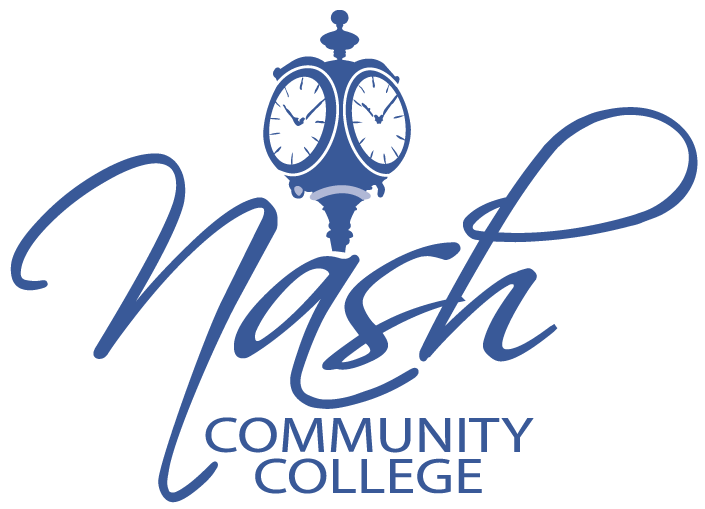
Cosmetology
The Cosmetology curriculum is designed to provide competency-based knowledge, scientific/artistic principles, and hands-on fundamentals associated with the cosmetology industry. The curriculum provides a simulated salon

Criminal Justice Technology
The Criminal Justice Technology curriculum is designed to provide knowledge of criminal justice systems and operations. Study will focus on local, state, and federal law

Criminal Justice/Forensic Science
Forensic Science is a concentration under the curriculum of Criminal Justice Technology. This curriculum is designed to provide knowledge of latent evidence systems and operations.

Culinary Arts
The Culinary Arts curriculum provides specific training required to prepare students to assume positions as trained culinary professionals in a variety of food service settings,

Early Childhood Education
The Early Childhood Education curriculum prepares individuals to work with children from infancy through middle childhood in diverse learning environments. Students will combine learned theories

Hospitality Management
The Hospitality Management curriculum prepares individuals to understand and apply the administrative and practical skills needed for supervisory and managerial positions in hotels, motels, resorts,

